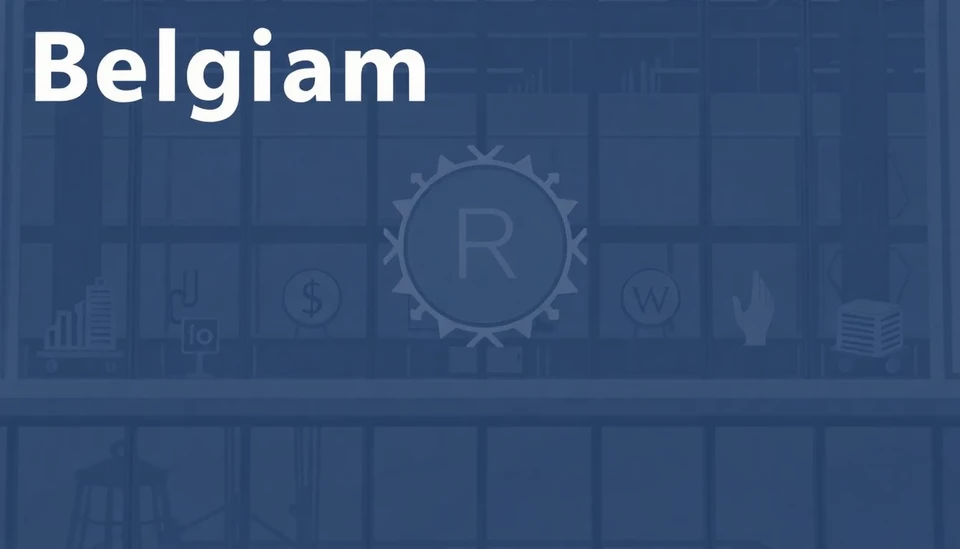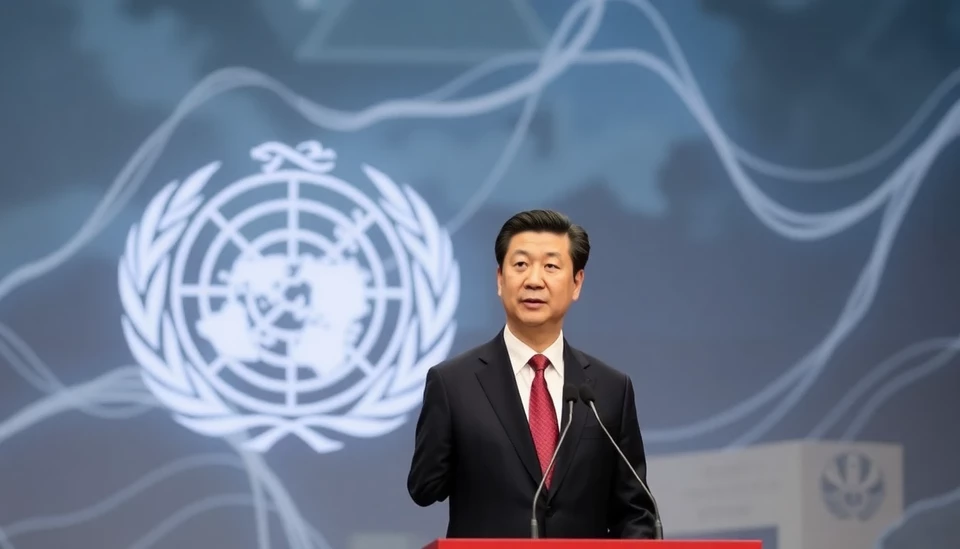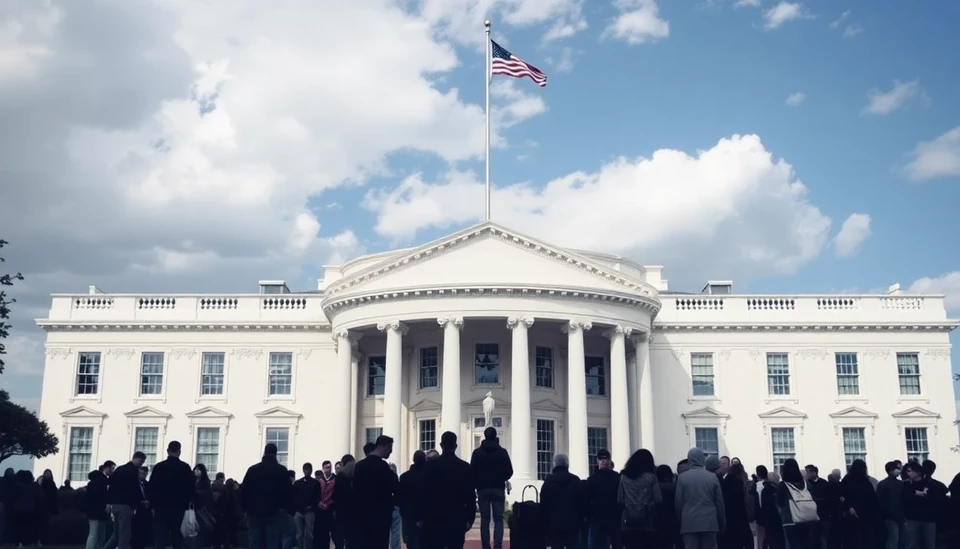
In a sweeping move to restore public confidence in the financial sector, Belgium has implemented a groundbreaking requirement for its bank executives and senior officials to pledge an oath of honesty and integrity. This new mandate arises in the wake of multiple financial scandals that have rocked the industry, casting doubt on the ethical standards upheld by banking professionals.
Beginning in January 2025, all bankers in key positions, including those in management and supervisory roles, will be legally obligated to swear that they will conduct themselves with integrity and in good faith. This oath emphasizes their commitment to acting in the best interest of their clients and stakeholders. The motivation behind this initiative is to reinforce ethical behavior and accountability within the banking sector, aiming to deter malpractices and build trust among the public.
This requirement is part of a broader effort by the Belgian government and financial regulators to enhance transparency and integrity in the financial services industry. Over the past few years, various mishaps ranging from mismanagement to outright fraud have highlighted the dire need for stricter regulatory measures. The new regulation, therefore, serves as both a preventive and corrective framework, targeting the heart of ethical banking practices.
Leaders from the banking sector have cautiously welcomed this measure. While they acknowledge its potential to improve public trust, there are concerns about the implications for accountability. Critics argue that an oath alone cannot prevent unethical decisions and that a more comprehensive approach involving monitoring and enforcement is necessary to safeguard against future financial misconduct.
In Belgium, the finance minister has explicitly stated that this initiative is only a part of a multi-faceted strategy aimed at transforming the banking landscape. It will accompany additional reforms focused on regulatory oversight, consumer protection, and enhanced compliance standards.
The government believes that these changes will not only restore trust in the banking system but also improve Belgium’s standing in international financial markets. A commitment to ethical conduct is expected to attract both domestic and foreign investors, contributing to a more robust and stable financial environment.
As the banking industry prepares for this new chapter, bankers across Belgium will undergo training and education designed to instill the values of integrity and responsibility that the oath symbolizes. This cultural shift is integral to ensuring that the lessons of the past are not repeated and that the future of banking in Belgium is founded on principles of honesty and customer-centric service.
Moving forward, the Belgian financial sector is under scrutiny, with stakeholders keenly observing how the implementation of this oath will manifest in day-to-day operations and decision-making processes within banks. Will this be the turning point the industry needs, or will it simply be a ceremonial gesture in the face of deeper systemic issues? Only time will tell.
For now, the banking community in Belgium stands at a crossroads, tasked with embracing a new standard for ethical conduct that will shape the future of finance in the nation.
#BelgianBanking #IntegrityOath #FinancialReforms #BankingScandals #TrustInFinance #EthicsInBanking #BelgiumFinance
Author: Victoria Adams




